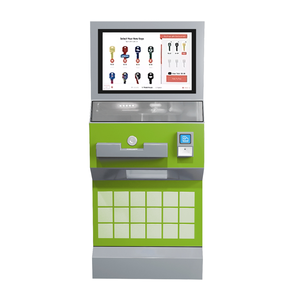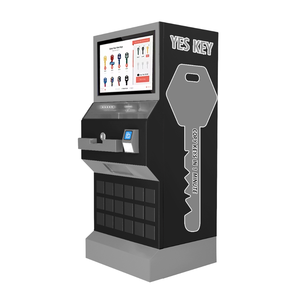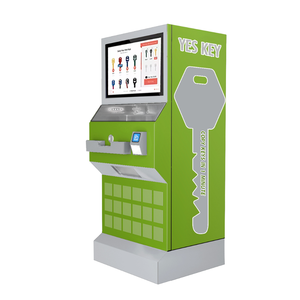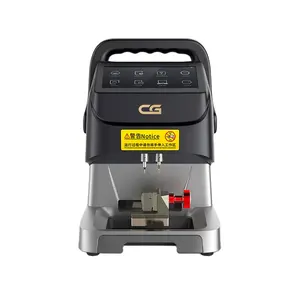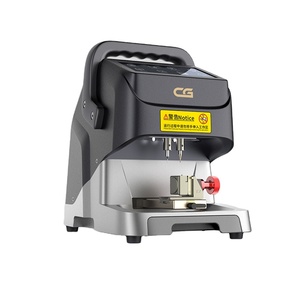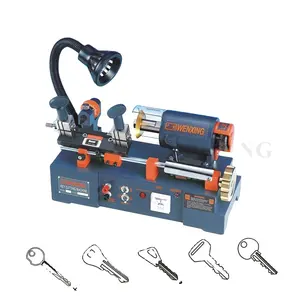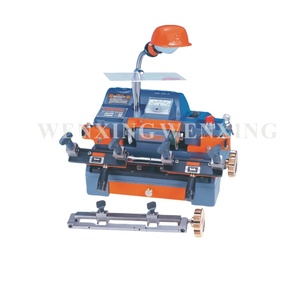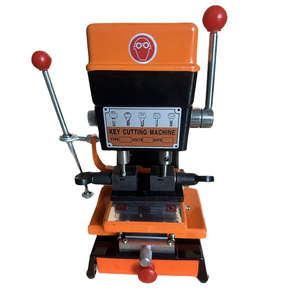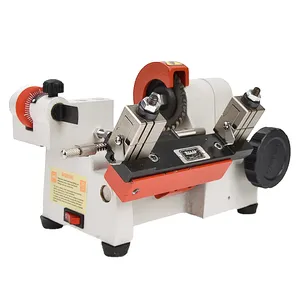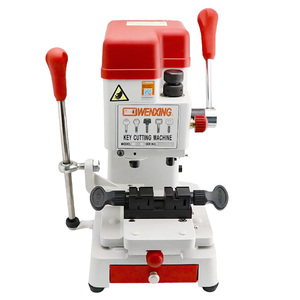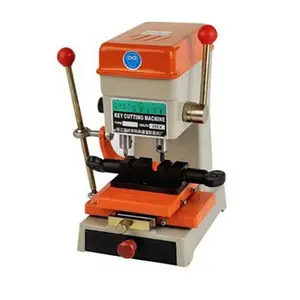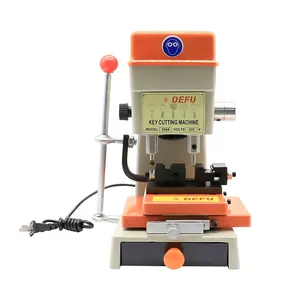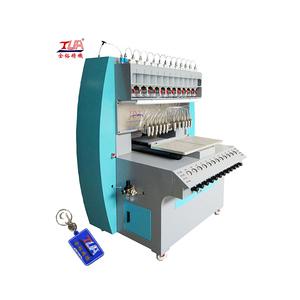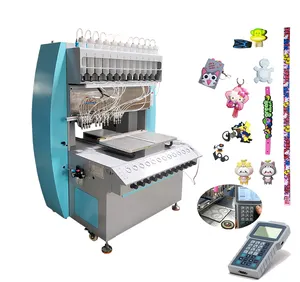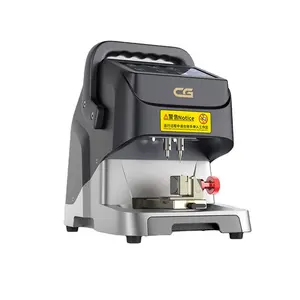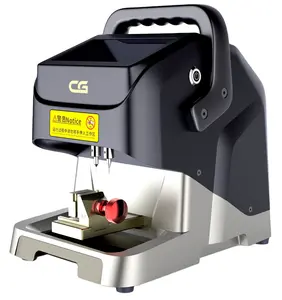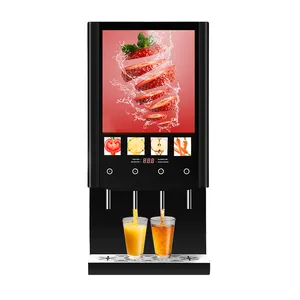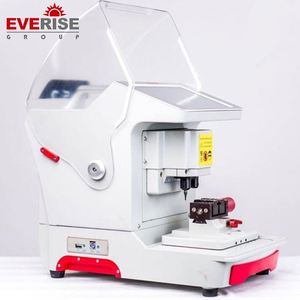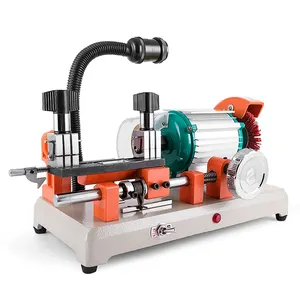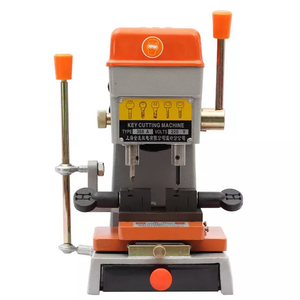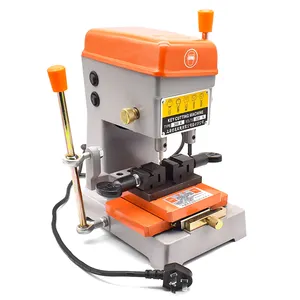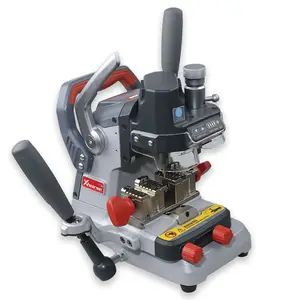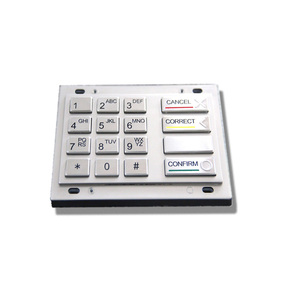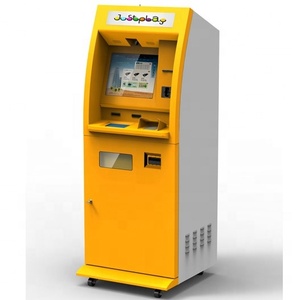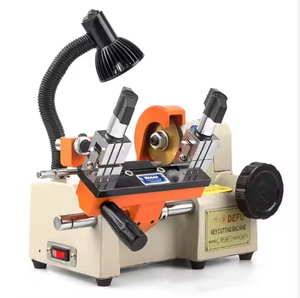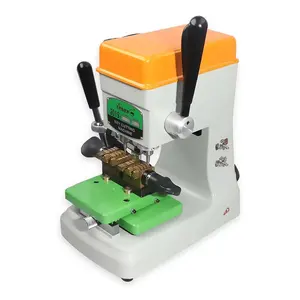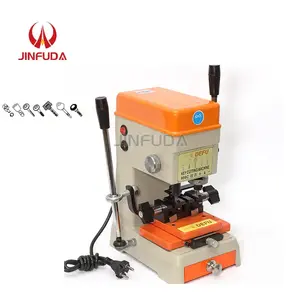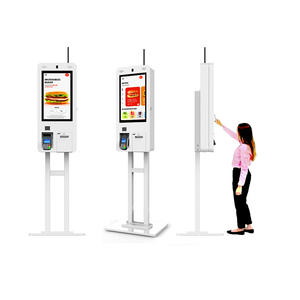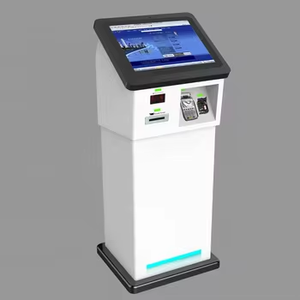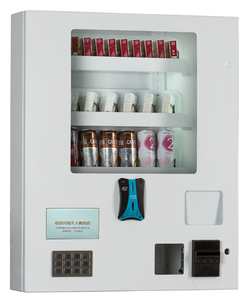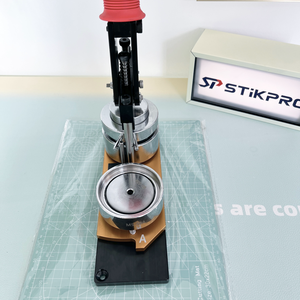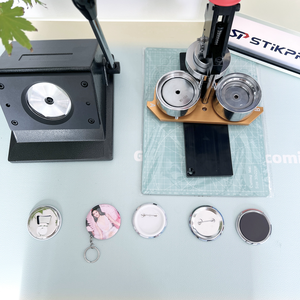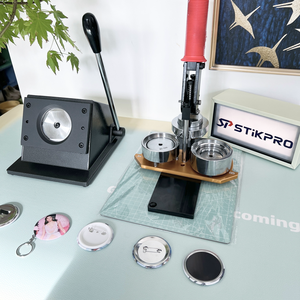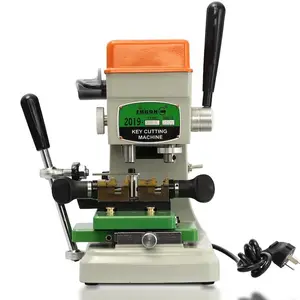Self Serve Key Maker

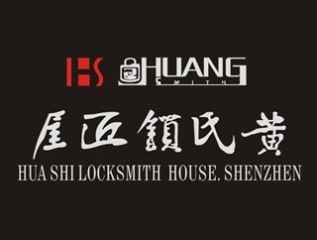



 1/24
1/24






 1/14
1/14




 1/7
1/7







 1/15
1/15



 1/21
1/21



 1/14
1/14




 1/28
1/28



 1/12
1/12







About self serve key maker
Where to Find Self Serve Key Maker Suppliers?
China remains the central hub for self serve key maker manufacturing, with production concentrated in Guangdong and Fujian provinces. Shenzhen, a core city in Guangdong, hosts specialized technology-driven workshops that integrate automation, precision machining, and IoT-enabled vending systems into key duplication equipment. These clusters benefit from proximity to component suppliers for motors, cutting blades, display interfaces, and embedded software modules, enabling rapid prototyping and scalable assembly.
The region’s mature supply chain supports both high-volume standard models and customized configurations, including touchscreen interfaces, cloud-based usage tracking, and multi-vehicle key programming capabilities. Manufacturers leverage vertically integrated operations—spanning CNC milling, sheet metal fabrication, and final testing—reducing lead times to 25–35 days for bulk orders. Cost efficiencies arise from localized sourcing of aluminum enclosures, stepper motors, and blank key inventories, offering 20–35% lower unit costs compared to Western-assembled alternatives.
How to Choose Self Serve Key Maker Suppliers?
Effective supplier selection requires structured evaluation across technical, operational, and transactional dimensions:
Technical & Functional Validation
Assess machine specifications for compatibility with regional key standards (e.g., Silca, Ilco, HPC profiles). Verify support for automotive, residential, and commercial key types, including transponder programming where applicable. Demand documentation on cutting accuracy (±0.02mm tolerance), spindle speed (≥10,000 RPM), and software update mechanisms. For fully automated units, confirm integration with payment gateways and remote diagnostics.
Production Capability Assessment
Prioritize suppliers demonstrating measurable infrastructure and engineering capacity:
- Minimum 2,000m² production area with dedicated R&D or testing zones
- In-house machining capabilities (CNC, laser cutting) to ensure design control
- Customization options for color, branding, UI language, and hardware configuration
Cross-reference online revenue indicators and reorder rates as proxies for market acceptance and after-sales reliability.
Quality & Transaction Assurance
While formal ISO certification is not universally declared in available data, prioritize suppliers with verifiable on-time delivery records (target ≥97%) and response times under 12 hours. Use secure transaction methods such as escrow services, especially for first-time procurement. Request sample units to evaluate build quality, user interface responsiveness, and cutting consistency before full-scale ordering.
What Are the Best Self Serve Key Maker Suppliers?
| Company Name | Location | Main Products | On-Time Delivery | Avg. Response | Reorder Rate | Online Revenue | Min. Order Quantity | Price Range (USD) |
|---|---|---|---|---|---|---|---|---|
| Shenzhen Topbest Technology Co., Limited | Shenzhen, CN | Key cutting machines, locksmith tools, vehicle keys | 100% | ≤3h | 28% | $320,000+ | 1–2 pieces | $56–$472 |
| Shenzhen Xing Chen Technology Trading Co., Ltd. | Shenzhen, CN | Automated key duplicators, car key programmers | 100% | ≤15h | 50% | $40,000+ | 1 piece | $1,270–$1,999 |
| Foshan City Wenxing Machinery Co., Ltd. | Foshan, CN | Fully automatic key duplication systems | 100% | ≤25h | - | - | 3 sets | $444–$1,283 |
| Shenzhen Hua Shi Locksmith Technology Co. Ltd. | Shenzhen, CN | Duplicate key vending machines | 97% | ≤5h | <15% | $90,000+ | 1–3 sets | $4,999–$9,500 |
| Shenzhen HFYP Machinery Equipment Co., Ltd. | Shenzhen, CN | Manual and horizontal key cutters | 100% | ≤3h | <15% | $40,000+ | 1 set | $56–$198 |
Performance Analysis
Shenzhen-based suppliers dominate responsiveness and customization depth, with three vendors reporting sub-5-hour average reply times. Shenzhen Topbest stands out for low MOQ flexibility and extensive product range, supporting buyers seeking pilot deployments or niche locksmith tool integration. Shenzhen Xing Chen demonstrates strong customer retention (50% reorder rate), indicating satisfaction with product performance or service follow-up.
High-end automated vending units are primarily offered by Shenzhen Hua Shi, targeting commercial kiosk operators with premium pricing and larger minimum orders (3 sets). In contrast, Foshan Wenxing provides mid-tier automated solutions at competitive price points, suitable for distributors aiming to balance functionality and cost. Entry-level manual models from HFYP cater to small workshops needing affordable, no-frills equipment.
FAQs
How to verify self serve key maker supplier reliability?
Evaluate delivery performance (target ≥97%), response time, and reorder rate as behavioral indicators of service quality. Request product manuals, firmware update logs, and material certifications. Conduct video audits to confirm production lines and inventory readiness, particularly for customized variants.
What is the typical sampling timeline?
Standard samples ship within 7–14 days. Units requiring software customization or unique mechanical adjustments may take 20–30 days. Air freight adds 5–10 days for international delivery. Expect partial sample fees, typically recoverable against future bulk orders.
Can suppliers accommodate custom branding and software modifications?
Yes, multiple suppliers—including Shenzhen Xing Chen and Shenzhen Topbest—list customization options for logo, display screen graphics, packaging, and key type configurations. Confirm UI localization support (language, currency) and API access for usage data monitoring when integrating into existing retail or facility management systems.
What are common MOQ and pricing structures?
MOQ ranges from 1 piece for basic models to 50 sets for budget units sold at scale. Prices vary significantly: manual cutters start at $56/unit, while fully automatic vending systems exceed $9,500/set. Buyers should negotiate tiered pricing based on volume and assess total cost of ownership, including maintenance, blank key supply, and software licensing.
How do logistics and export processes work?
Most suppliers support global shipping via air or sea freight, offering FOB or CIF terms. Ensure compliance with destination electrical standards (110V/220V) and electromagnetic compatibility regulations. Secure packaging with shock detection labels is recommended for sensitive electronic components during transit.



